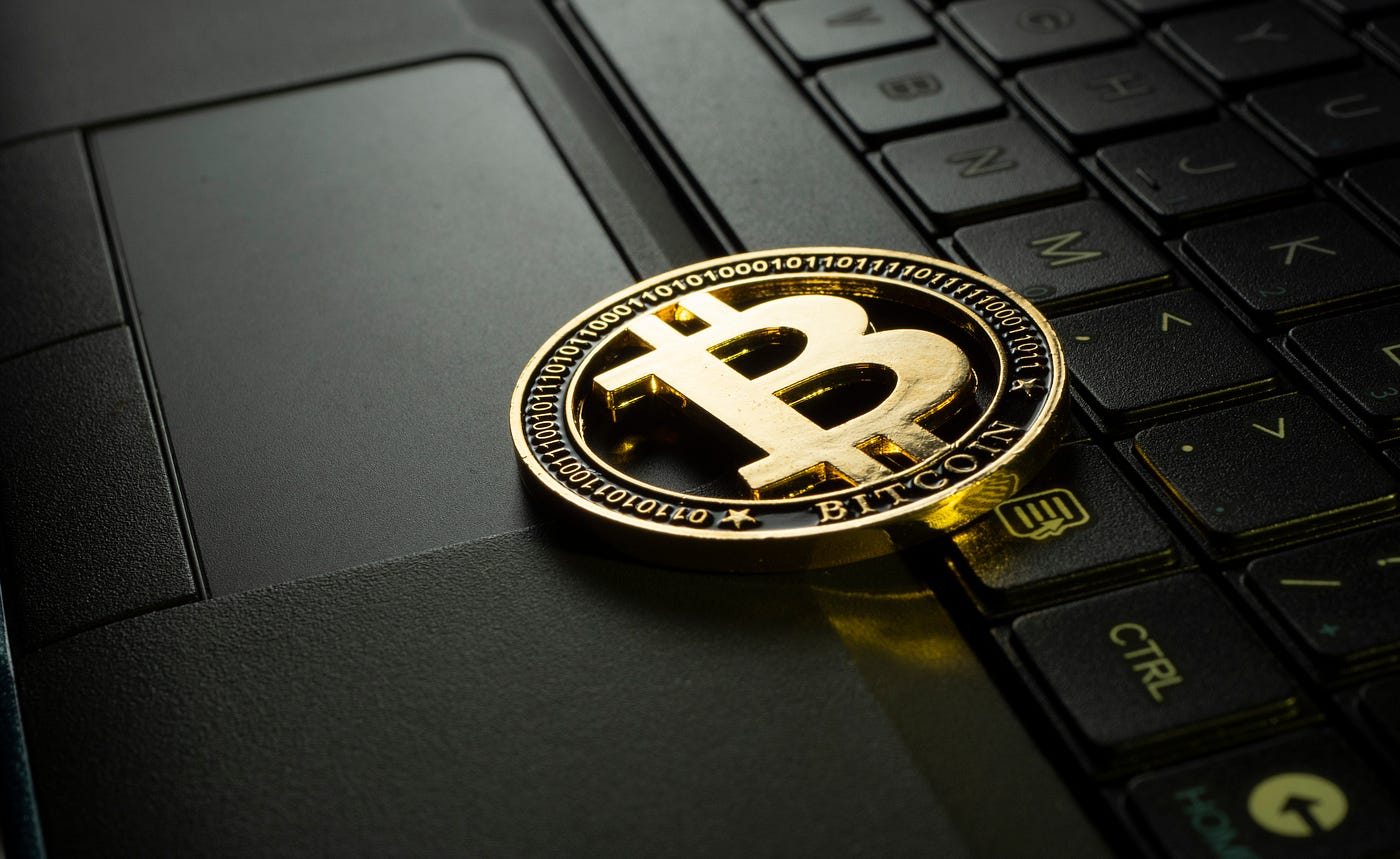

Bitcoin: Unraveling the World of Cryptocurrency and Digital Gold
Bitcoin is a decentralized digital currency, often referred to as a cryptocurrency, that was created in 2009 by an anonymous person or group of people using the pseudonym Satoshi Nakamoto. It operates on a technology called blockchain, which is a distributed ledger that records all transactions across a network of computers.
One of the key features of Bitcoin is its decentralized nature. Unlike traditional currencies, such as the US dollar or the euro, Bitcoin is not controlled by any central authority, such as a government or a central bank. Instead, it is maintained and regulated by a network of computers, known as nodes, that participate in the Bitcoin network.
Bitcoin transactions are verified by these nodes through a process called mining. Miners use powerful computers to solve complex mathematical problems, and when they successfully solve a problem, they add a new block of transactions to the blockchain. In return for their efforts, miners are rewarded with newly created Bitcoins.
One of the main advantages of Bitcoin is its potential for anonymity. While Bitcoin transactions are recorded on the blockchain, the identities of the parties involved are not necessarily revealed. Instead, transactions are linked to unique Bitcoin addresses, which are essentially random strings of numbers and letters. This makes it difficult, although not impossible, to trace the flow of funds.
Bitcoin has gained popularity as a digital form of money, as it allows for fast and low-cost transactions across borders. Traditional banking systems often involve high fees and can take days to process international transfers, whereas Bitcoin transactions can be completed within minutes and with minimal fees.
Furthermore, Bitcoin has been embraced by some as a form of digital gold. Like gold, Bitcoin is a limited resource. There will only ever be 21 million Bitcoins in existence, and this scarcity has led some to view Bitcoin as a store of value, similar to gold. Bitcoin's decentralized nature and its potential to act as a hedge against inflation have attracted investors looking for an alternative to traditional assets.
However, Bitcoin has also faced criticism and challenges. Its price volatility has been a concern for many, as it can experience significant fluctuations in short periods of time. Additionally, Bitcoin has been associated with illicit activities due to its potential for anonymity, although efforts have been made to regulate and monitor the use of cryptocurrencies.
In conclusion, Bitcoin is a decentralized digital currency that operates on a technology called blockchain. It offers fast and low-cost transactions, potential anonymity, and has been viewed by some as a form of digital gold. However, it also faces challenges and criticism, and its future remains uncertain.
Related Posts
© 2025 Invastor. All Rights Reserved

User Comments